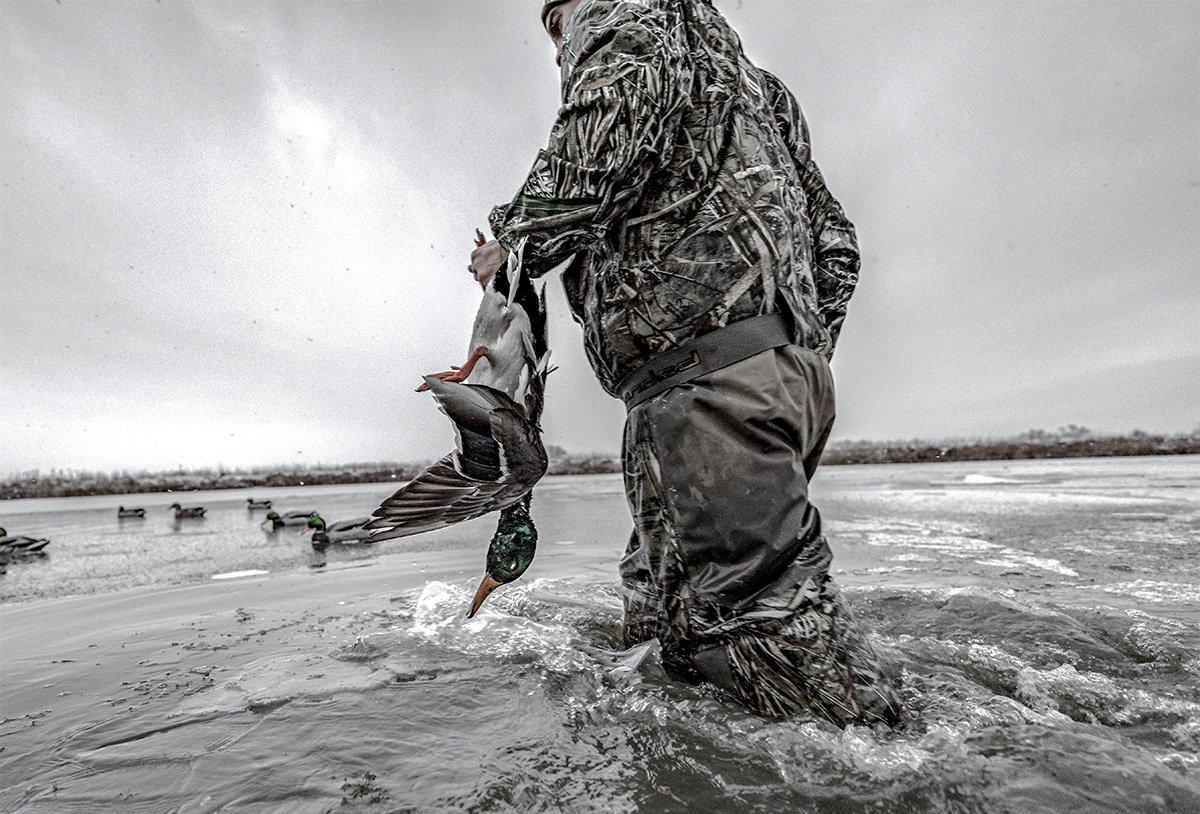Are cloudy days and rainy winters really the best times to hunt? Debunking this and more
Modern waterfowlers know far more about ducks, hunting and habitat than our grandfathers did. And that makes you wonder why we continue to perpetuate myths and outright falsehoods.
Some of these old rules make for good blind discussions. Others need to die.
1. Cloudy Days are Ducky Days
Overcast skies eliminate glare and mute colors. But they also dim the effectiveness of your decoys, make your blind stand out and eliminate the advantage of putting the sun at your back. In most situations — especially in timber, ag fields and big water — sunny days are far more productive. Sure, you can still kill ducks and geese when it's cloudy, especially if the wind is blowing or a front is moving in. Just don't believe that gray skies are always considered ducky weather.
2. There's Always a Lull After Opening Day
If you hit Public Pond X three consecutive days to start the season and it's hammered by other hunters every day as well, then yeah, your results will surely diminish. Surviving ducks find other places to hang out or adjust their behavior to avoid the gauntlet of steel. But if you find alternative spots with a lighter human footprint, you can continue to kill ducks during what most guys consider the post-opener lull.
3. The Wind Must Howl to Kill Divers
As long as you hunt safely, a screaming wind is never a bad thing when gunning divers. But you don't need a 30-mph gale to move birds over your decoys. In reviewing my journals from the past 40 duck seasons, I've discovered that many of our best diver days occurred when the wind blew at about 10 to 20 mph — enough to impart motion in the decoys and keep birds moving now and then. Certainly, calm days are tough for divers, and blustery days often produce memorable shoots. But for day-in, day-out action, I'll take moderate winds and bright skies to make a tidy pile in the boat.
4. Divers Are Easier to Kill Than Puddlers
This might be true when all the variables are equal. An unpressured bluebill will probably decoy better than an unpressured mallard or black duck. But variables are rarely equal, and when divers face intense gunning pressure, they often act more like anti-social greenheads. I've seen bluebill behavior on my home lake evolve substantially during the past 35 years. First, pressured divers started flying much higher and becoming wary of decoy spreads — even layout boats. Lately, they've switched gears to feed mostly at night, seeming to disappear in the morning. Yeah, we still kill them, but we've had to adapt our tactics. And some days, we wish for garden-variety mallards.
5. Dry Years are Tough for Duck Hunting
True enough, dry years can hinder duck production and render some areas, such as naturally flooding green timber, useless. But dry autumns can actually improve hunting, especially in areas with lots of permanent sloughs, potholes, lakes and rivers. Ducks concentrate on available water, which means they can't spread out to hide in sheet water, flooded fields or hard-to-find backwaters. The only downside is that most hunters know about these tried-and-true spots, so ducks can face intense pressure when the season opens. Still, action can be fast and furious while it lasts.
Click here for more Realtree waterfowl hunting content. And check us out on Facebook.







